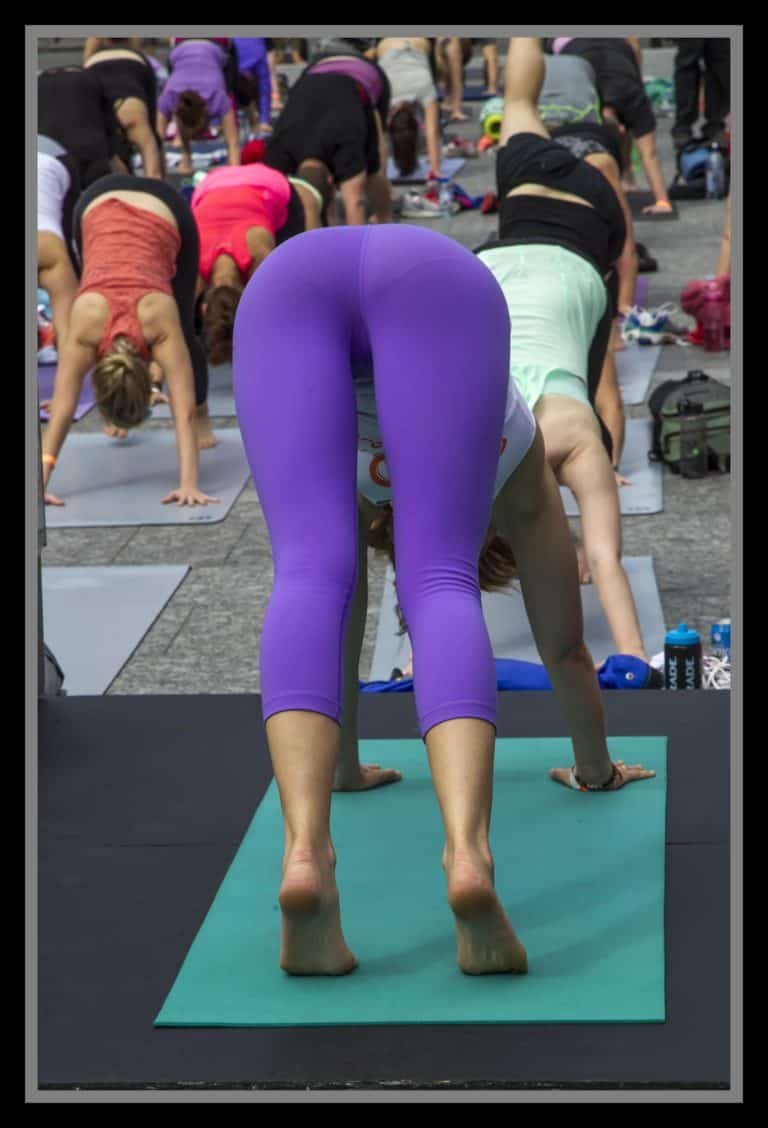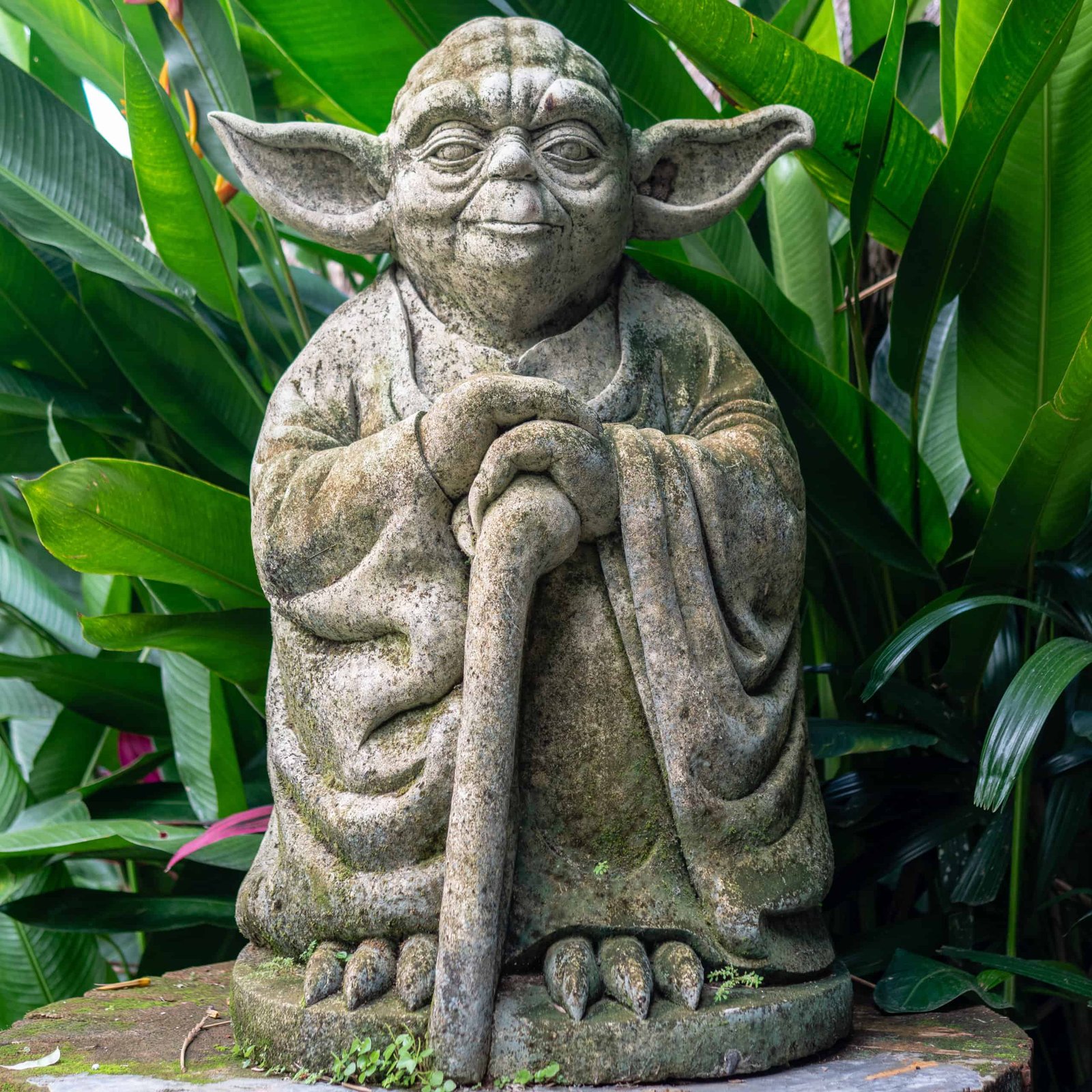Materialism & Spirituality
We have a situation in today’s modern society where the extreme materialistic view of the world that dominates society has created an equally extreme spiritual antithesis.

In one worldview is nothing possible, in the other everything is possible.
None of them take full responsibility for their actions. Both are equally sure about their own greatness.
Old spiritual traditions such as the shamanic and the Yogic never looked like this. Nor did the religious, such as the the Vedic, the Buddhist, the Jewish or Christianity.
The yogic tradition has always highlighted the importance of uniting the poles into one unit. This is described in tantric Yoga, which when Ida (consciousness, spirit) and Pingala (energy, matter) become one.
This process of making polarities one, is also what the term Kundalini refers to.
This is not the same as the hybrid of the above world views that is so popular today, using materialistic methods to achieve ones goals; appearance, networking, money and then claiming to have gotten it from the “universe”, which you can hear in many places today.
No, this process has nothing to do with what something looks like on the surface, but is a process of truth, and being whole and living as you learn.
This process also has nothing to do with negative thinking (sometimes also called realistic or hard facts), or wishful thinking (sometimes also called spiritual), but about what happens when we practice wholeness and truth, and the real miracles that can happen then.
Thoughts can never change reality. Spiritual tradition has always been about affecting reality.
Music: Lunar, Ajeet.



